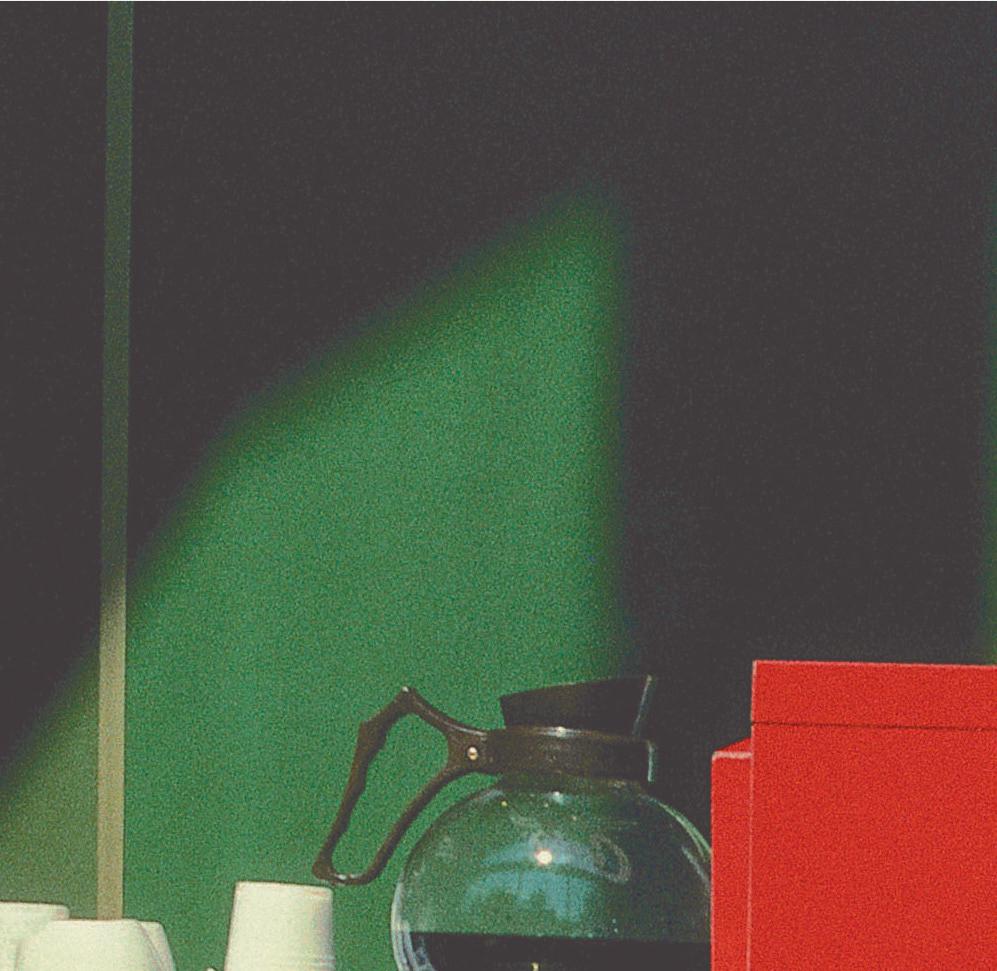
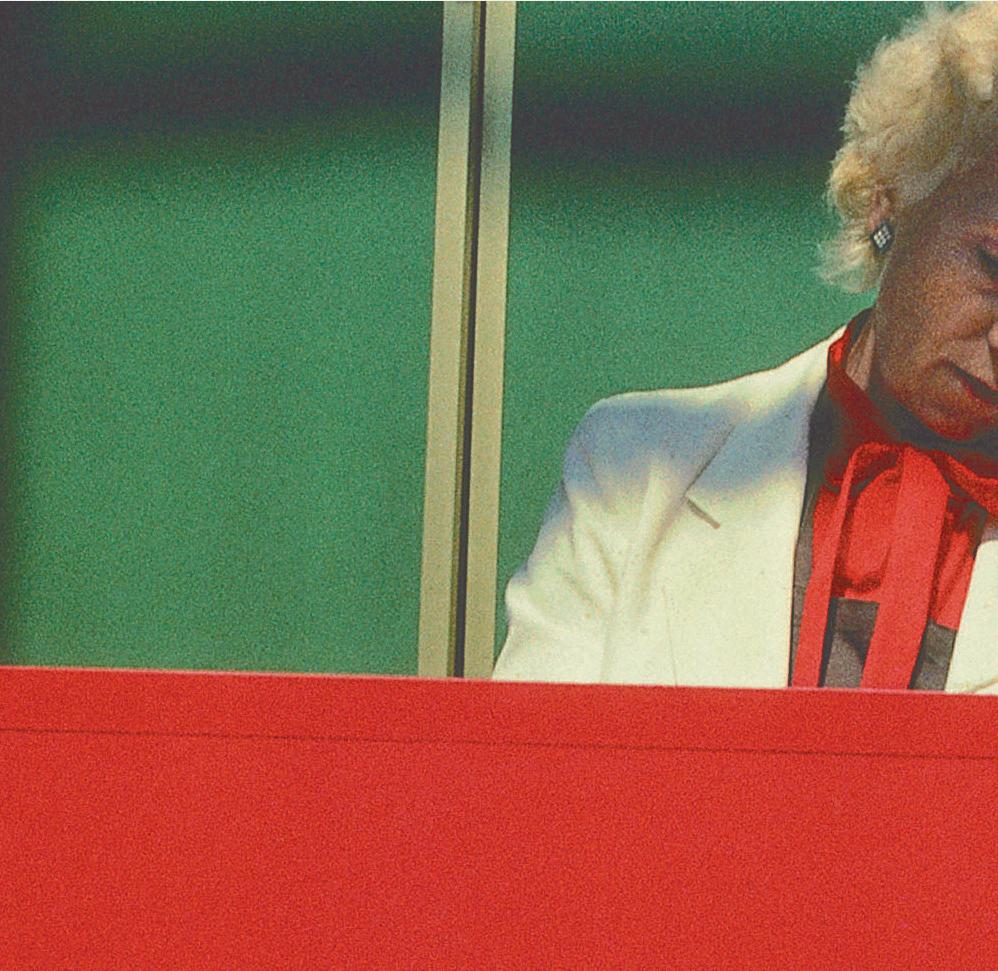

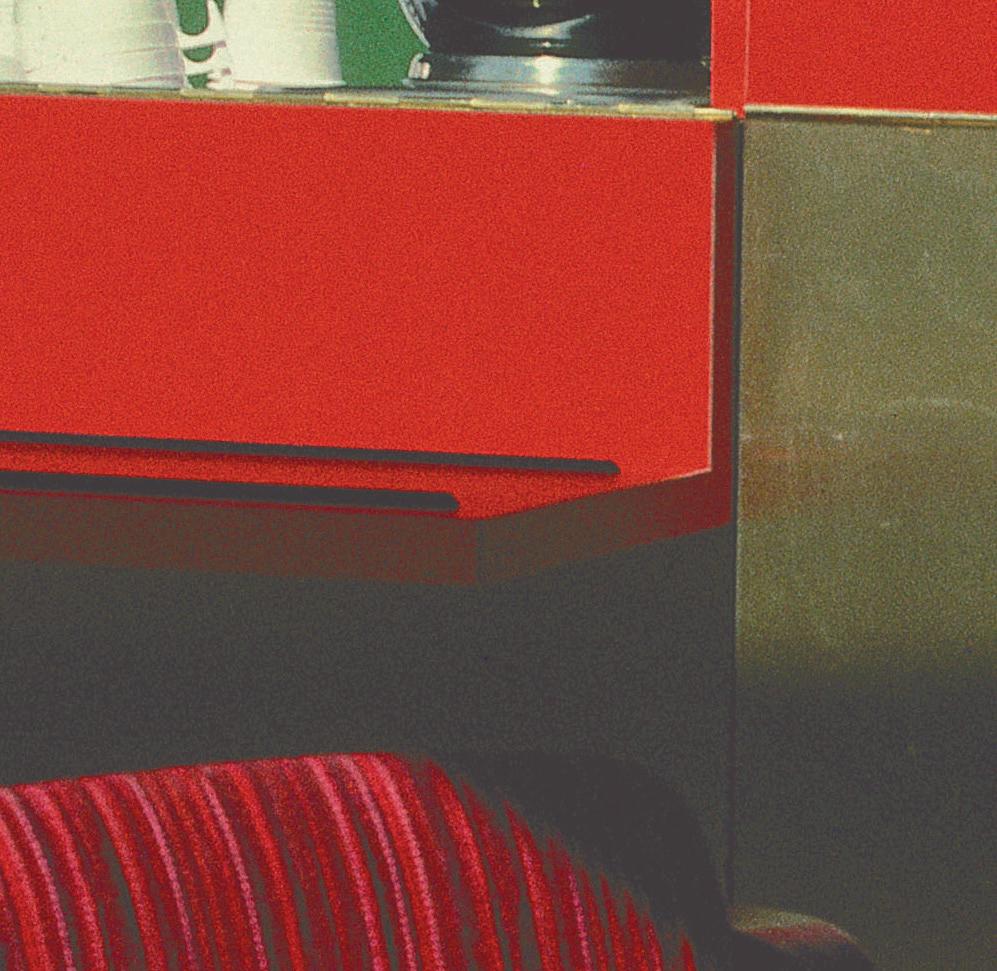
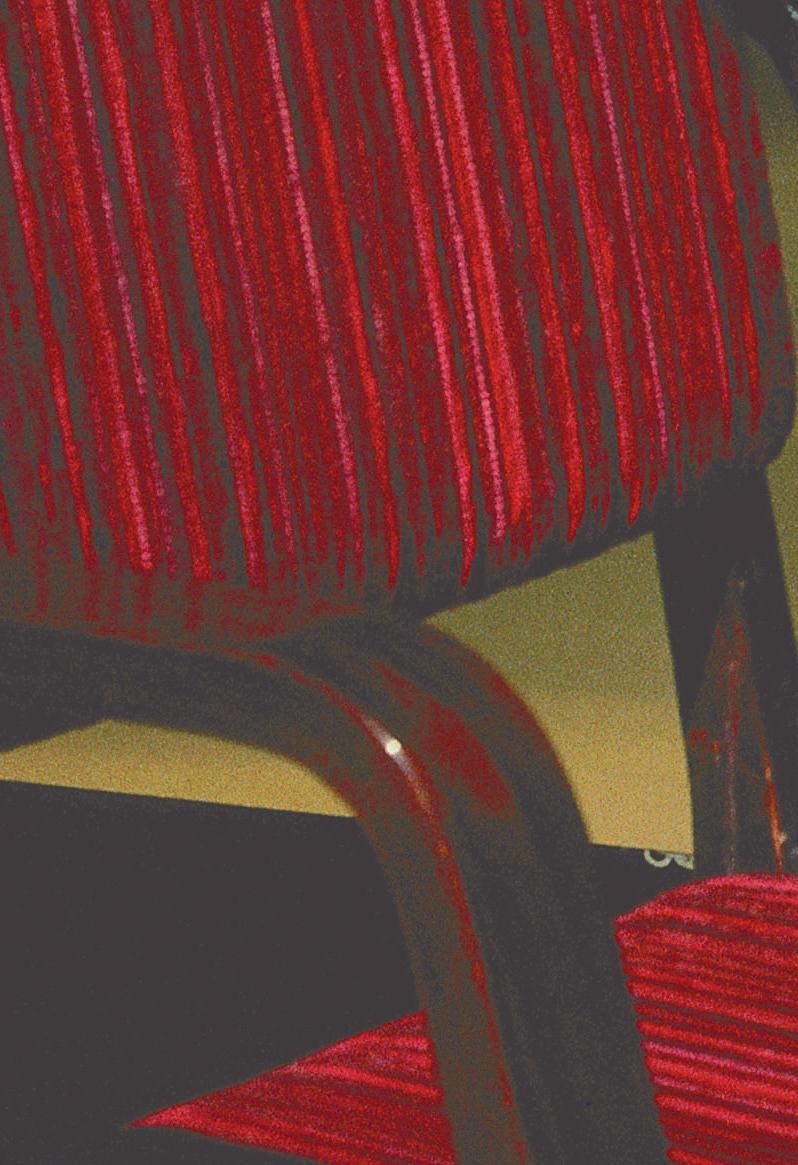
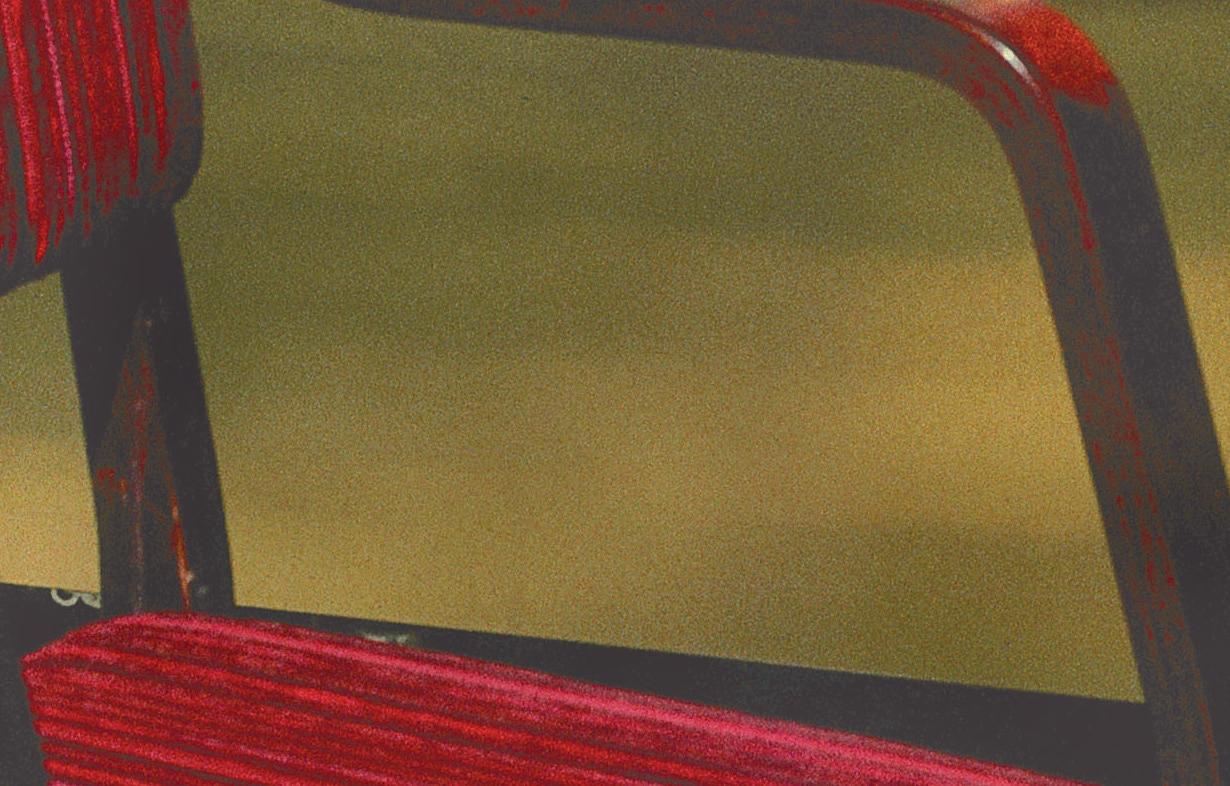












‘I love reading Simenon. He makes me think of Chekhov’ – William Faulkner
‘A truly wonderful writer . . . marvellously readable – lucid, simple, absolutely in tune with the world he creates’ – Muriel Spark
‘Few writers have ever conveyed with such a sure touch, the bleakness of human life’ – A. N. Wilson
‘One of the greatest writers of the twentieth century . Simenon was unequalled at making us look inside, though the ability was masked by his brilliance at absorbing us obsessively in his stories’ – Guardian
‘A novelist who entered his fictional world as if he were part of it’ – Peter Ackroyd
‘The greatest of all, the most genuine novelist we have had in literature’ – André Gide
‘Superb . . . The most addictive of writers . . . A unique teller of tales’ – Observer
‘The mysteries of the human personality are revealed in all their disconcerting complexity’ – Anita Brookner
‘A writer who, more than any other crime novelist, combined a high literary reputation with popular appeal’
– P. D. James
‘A supreme writer . . . Unforgettable vividness’
– Independent
‘Compelling, remorseless, brilliant’ – John Gray
‘Extraordinary masterpieces of the twentieth century’
– John Banville
Georges Simenon was born on 12 February 1903 in Liège, Belgium, and died in 1989 in Lausanne, Switzerland, where he had lived for the latter part of his life. Between 1931 and 1972 he published seventy-five novels and twenty- eight short stories featuring Inspector Maigret.
Simenon always resisted identifying himself with his famous literary character, but acknowledged that they shared an important characteristic:
My motto, to the extent that I have one, has been noted often enough, and I’ve always conformed to it. It’s the one I’ve given to old Maigret, who resembles me in certain points . . . ‘understand and judge not’.
Translated by Ros Schwartz
UK | USA | Canada | Ireland | Australia
India | New Zealand | South Africa
Penguin Classics is part of the Penguin Random House group of companies whose addresses can be found at global.penguinrandomhouse.com.
Penguin Random House UK
One Embassy Gardens, 8 Viaduct Gardens, London SW 11 7 BW penguin.co.uk
‘The Improbable Monsieur Owen’ and ‘The Men at the Grand Café’ fi rst published, in serial, as ‘L’improbable M. Owen’ and ‘Ceux du Grand Café’ 1938
First published, in serial, as ‘L’improbable M. Owen’ (1938), ‘Ceux du Grand Café’ (1938), ‘L’homme dans la rue’ (1940), ‘Vente à la bougie’ (1941) and ‘Menaces de mort’ (1942)
‘Death Threats’ fi rst published, in serial, as ‘Menaces de mort’ 1942
These translations fi rst published 2021
Published in Penguin Classics 2025
001
Copyright © Georges Simenon Limited, 1938, 1940, 1941, 1942
Translation copyright © Ros Schwartz, 2021
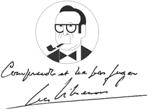

GEORGES SIMENON and ® , all rights reserved
MAIGRET ® Georges Simenon Limited, all rights reserved original design by Maria Picassó i Piquer

All rights reserved
The moral rights of the author and translator have been asserted
Penguin Random House values and supports copyright.
Copyright fuels creativity, encourages diverse voices, promotes freedom of expression and supports a vibrant culture. Thank you for purchasing an authorized edition of this book and for respecting intellectual property laws by not reproducing, scanning or distributing any part of it by any means without permission. You are supporting authors and enabling Penguin Random House to continue to publish books for everyone. No part of this book may be used or reproduced in any manner for the purpose of training artificial intelligence technologies or systems. In accordance with Article 4(3) of the DSM Directive 2019/790, Penguin Random House expressly reserves this work from the text and data mining exception.
Typeset by Palimpsest Book Production Limited, Falkirk, Stirlingshire Printed and bound in Great Britain by Clays Ltd, Elcograf S.p.A.
The authorized representative in the EEA is Penguin Random House Ireland, Morrison Chambers, 32 Nassau Street, Dublin D 02 YH 68
A CIP catalogue record for this book is available from the British Library
ISBN : 978–0–241–48707–5
Penguin Random House is committed to a sustainable future for our business, our readers and our planet. This book is made from Forest Stewardship Council® certified paper.
It was wonderful to be there, eyes closed, feeling his eyelids tingle under the caress of the sun filtering through the yellow curtains; it was especially wonderful to say to himself that it was half past two or three o’clock in the afternoon, maybe later, maybe earlier, and, best of all, that corroder of life, namely a watch, was of no importance.
And that was not all! A number of wonderful things had miraculously come together at that moment. First of all, the panorama, which Maigret couldn’t see because his eyes were closed, but he knew it was there within view: the glassy surface of the Mediterranean as seen from Cannes’ grand hotels, the forest of shiny masts of the world’s most luxurious port to the right and, in the far distance, the Lérins Islands in the blazing light.
Even the sounds that reached Maigret’s ears were the sounds of luxury. The car horns were not ordinary horns, but mostly the calls of gleaming, elongated limousines driven by liveried chauffeurs.
This woman who had just had an argument with someone in the neighbouring suite was Viennese, a famous film star. At all hours, there were dozens of autograph hunters waiting for her outside the hotel entrance.
And the rather irritating telephone that rang incessantly in the suite below became forgivable when he learned that the guest in that suite was the prime minister of a major Danubian country.
Maigret was having an afternoon nap! For three days, he’d been staying at a luxury hotel, the Excelsior, on Cannes’ Croisette – not to pursue some criminal target or an international swindler, but to enjoy a rest.
A happy chain of circumstances had brought about this miracle, the first being that Aunt Émilie (Madame Maigret had eleven aunts!) was seriously ill in Quimper, with no one to care for her.
‘You’ll be bored if you come with me. Besides, it’s not a good idea since you’re barely over the bronchitis you had this winter. Aren’t you always telling me that you have a friend in the South who’s invited you to stay?’
Maigret’s friend was none other than Monsieur Louis. For ordinary people, Monsieur Louis was merely a doorman in a luxury hotel, dressed in a frock coat decorated with gold-braid keys, and most idiots felt superior to him because they gave him a tip.
Monsieur Louis, however, had his baccalaureate, spoke five languages and had been the manager of a grand hotel in Deauville for many years. But he’d come to the conclusion that the only way to make money in the hotel business was by performing the duties of doorman.
He’d performed them on the Champs-Élysées, in Paris, and that was how, many a time, he’d had occasion to do small favours for Detective Chief Inspector Maigret, then
at the Police Judiciaire, and Maigret had done him others in return, such as finding one hundred thousand francs in the cistern of a WC .
‘When you come down south . . .’
‘Unfortunately that won’t be before I retire.’
It had all happened! Maigret was having a nap, like the idle rich. On a chair were his white flannel trousers and at its foot was a pair of snazzy red-and-white shoes.
People came and went in the corridors, chatted, sang, telephoned neighbouring suites; cars drove past in the street and women roasted in the sun; a new government, in Paris, was presenting its programme to Parliament and the Senate, and hundreds of thousands of French people were worrying about the stock markets; the lift went up and down, giving a little click at each floor.
What the hell did all that matter?
Maigret was happy. He had eaten like a horse, drunk like a sailor and soaked up the sun through every pore like a bathing belle.
Aunt Émilie? Well! If she passed away, it was natural at her age, and the only nuisance would be that he’d have to give up these delights to attend the funeral in Brittany where in March the rain was probably bucketing down.
He groaned, peeled his cheek from the pillow and listened to all the sounds that merged into a symphony, with the loudest noise standing out as a solo.
‘Come in!’ he shouted at last, on recognizing the strange buzz of the doorbell.
Then immediately:
‘Is that you, Monsieur Louis?’
‘Were you asleep? I’m sorry to disturb you. Something really terrible has happened . . .’
‘Would you mind raising the blind?’
Then he could see the sea, as blue as if painted in watercolours, with a white yacht on the horizon and a hydroplane going round in circles, humming like a hornet.
‘Would you kindly pass me a glass of water?’
Because his nap, after such a good lunch, had left him with a furry mouth.
‘Did you say “terrible”?’
‘A murder has been committed in the hotel.’
Monsieur Louis was an intelligent man, distinguished even, with a little brown moustache and a very delicate smile. However, he had not been expecting Inspector Maigret, or rather the former Detective Chief Inspector Maigret, to mutter as if in a dream:
‘You don’t say!’
‘A very mysterious murder.’
Was it drowsiness that made Maigret so indifferent, or was he putting it on in protest against the elegance of his surroundings? In any case, he grunted:
‘Go on, tell me if you must . . .’
‘It’s Monsieur Owen . . .’
‘Tell me, Louis, have you called the police?’
‘The chief inspector has just arrived. We’re expecting the examining magistrate any minute now . . .’
‘So?’
‘I don’t understand you . . .’
‘So tell me, Louis: when you happen to be on holiday
and staying at a hotel, do you hand the guests their keys and deliver their post?’
With that, he sat up, his hair dishevelled, hunted for his pipe, filled it, grabbed a blue slipper and had to kneel down to fish the other one out from under the bed.
‘I thought you’d be interested,’ retorted Monsieur Louis, a little tight-lipped.
‘Me? Not at all . . .’
‘That’s a pity . . .’
‘I don’t see why.’
‘Because I know for a start that the police won’t find anything and that you’re the only one capable of solving this mystery . . .’
‘Well, too bad for the mystery!’
‘You haven’t even asked me who this Monsieur Owen was . . .’
‘I don’t care one way or the other.’
‘Just as well, because no one knows.’
This time, Maigret, who was trying to grab the ends of his braces, which were dangling down his back, shot Monsieur Louis a roguish glance.
‘Well! Well! No one knows?’
‘I thought he was Swedish. He looked like it. That’s the nationality he gave on his form. You know that, in luxury hotels like ours, we don’t ask for our guests’ passports, and each person writes what they like. Monsieur Owen’s room has been searched but no identity documents were found. The Swedish consul, who lives close to the Excelsior, claims that there was indeed an Ernst Owen, but he died ten years ago.’
Maigret brushed his teeth, picked up his pipe again and ran a wet comb through his hair.
‘Why are you telling me all this?’
‘No reason! Just think, this Ernst Owen arrived here three weeks ago accompanied by a pretty nurse – one of the prettiest girls I’ve ever been lucky enough to see – and in our profession, we see plenty!’
Maigret browsed through the six new ties his wife had given him for this trip to find one he liked.
‘A blonde with grey eyes. One of those luscious girls with graceful movements, curvaceous but not heavy, a desirable body . . .’
Maigret still didn’t want to let on that he was listening.
‘The staff would even gossip about them. You know what it’s like . . . During meals, we chat . . . The maîtres d’ heard this or that . . . The menservants and shoeshine boys chip in with what they know . . . The chambermaids have intimate details . . . In short, this Monsieur Owen and his nurse . . .’
‘Was he ill?’
‘Not at all! Well, I have no idea. You must have seen him on the terrace without knowing who he was. A lanky gentleman, almost as lanky as King Gustaf, dressed all in grey – a grey flannel suit, grey shirt, grey silk tie, with only a light-coloured panama and white suede shoes. Grey spectacles into the bargain, grey cotton gloves—’
‘Gloves?’
‘Yes! And that’s not all! He would get up at ten o’clock every morning, go downstairs and always sit in the same
rattan chair on the terrace, the one under the third umbrella. He’d stay there until one o’clock, his hands resting on his stick, watching the sea in front of him, have lunch and go back to the terrace until five or six o’clock – in other words until it began to turn chilly. Then he’d go back up to his suite, where he was served a cold supper, and was not seen all evening.’
‘He was murdered?’
‘That’s to say that someone was killed in his room . . .’
‘So he wasn’t the victim?’
‘More likely the kill—’
Monsieur Louis decided that Maigret had taken the bait and now he could continue in a less mysterious manner.
‘I’m going to tell you the story in a few words. This morning, while I was sorting out the newspapers from Paris, which arrive just before eleven o’clock, I was surprised not to see Monsieur Owen in his usual place. I think I said something to one of the porters. On the off chance, I turned to look at the board and saw that his key wasn’t there . . . Anyway! When aperitifs were being served, I went for my little walk around the terrace and again I noticed Monsieur Owen’s absence. This time, I went over to reception and asked Monsieur Henry:
‘ “Is Monsieur Owen unwell?”
‘ “I don’t know.”
‘At this juncture, let’s say between a quarter and half past twelve, I spotted the nurse on her way out, wearing a perfectly tailored pale-green suit. Since she hadn’t handed me her key, I didn’t have the opportunity to speak to her. I assumed she was going to pick up some
medication and I nearly told her that the pharmacies were closed.
‘Finally, at two o’clock, the manager of the fourth floor telephoned me to inquire what was happening in room 412. That’s Monsieur Owen’s suite. The door was still locked and there was no answer. So I went up; I opened the door with my master key and I was quite surprised to find an empty whisky bottle on the table next to a broken glass.
‘And then in the bathroom I caught sight of a man’s naked body in the bath tub . . .’
‘Then what?’ Maigret couldn’t help asking.
‘Then nothing! It wasn’t Monsieur Owen.’
‘You’re saying?’
‘I’m saying that it wasn’t Monsieur Owen. One of the things my profession requires of me is the ability to recognize faces. I can recall everyone who enters or leaves the hotel. I can confirm that I have never seen that young man . . .’
‘I’m sorry! But what about Monsieur Owen?’
‘That’s precisely where this business becomes extraordinary. His clothes were on the rail and his luggage in the room, with nothing missing. On the other hand, while he clearly couldn’t have entered the Excelsior stark naked, there were no items of clothing belonging to him in room 412.’
Maigret stood in front of the vast bay window gazing out at the sea and watching the swimmers’ heads bobbing up and down. Monsieur Louis, behind him, told himself that the game was not yet won, and racked his brains for more bait.
‘Mind you, as I mentioned, the pretty nurse didn’t go out until between a quarter and half past twelve. Now the doctor has just said that the death of the young man who isn’t Monsieur Owen occurred first thing in the morning . . .’
‘Hmm! Hmm!’ grunted Maigret, who was still resisting.
‘That’s not all. Monsieur Owen seemed to be afraid of having a dizzy spell, or he had other reasons for wanting his nurse close at hand. He’d put her in room 413 with the communicating door between the two suites always open . . .’
‘Too bad for her!’ sighed Maigret.
‘That’s what I think. The Flying Squad have already circulated her description widely. They’re all the more inclined to believe in her guilt because the testimony of a manservant is categorical. At nine a.m., walking down the corridors and listening at the doors as usual, he clearly recognized the nurse’s voice in 412. But at that point, the murder had already been committed.’
Maigret almost wanted, by way of protest at this whole business and against his dreadful hunter’s instinct, to put on his swimming trunks and red bathrobe, and then go and lie on the beach and watch the women bathers.
‘That’s not all,’ went on the persistent Monsieur Louis, who, in his austere livery, at times reminded Maigret of a Protestant minister.
‘What else is there?’
‘I didn’t tell you how the young man died.’
‘I don’t care!’ retorted Maigret with a final burst of
energy. ‘I’d rather stay in a family guesthouse where I’d pay through the nose and eat veal every day. I’ve had enough, do you hear, Louis? If I have to pay for my stay by going back to—’
‘I’m sorry,’ muttered Monsieur Louis humbly, backing towards the door.
He had known Maigret for a very long time. He knew that the latter wouldn’t let him leave. Besides, the former inspector was hunching his back, which was always a good sign. And, without turning round, he asked:
‘What did he die of?’
Then Monsieur Louis said, in the same tone of voice as if announcing ‘Madame’s car is waiting’:
‘He was drowned in the bath!’
His ploy had worked. Maigret had taken the bait.
He’d had to deal with a number of murders and had bent over enough dead bodies to fill a small provincial cemetery.
‘If you’d like to come and see—’
‘No, Louis! Listen carefully to what I’m about to say: I absolutely insist on being kept out of this investigation. Do you hear? If there is one line about me in the papers, I shall leave your establishment, even though it is most agreeable. Furthermore, I will not deal with any of it . . . I consent to you keeping me updated, informally, while chatting . . . If I have a little idea, which is unlikely, I shan’t pretend that I’ll refuse to share it with you . . .’
‘But you don’t want to see the body?’
‘They’ll photograph it, won’t they? Ask the Criminal Records people to give you a print.’